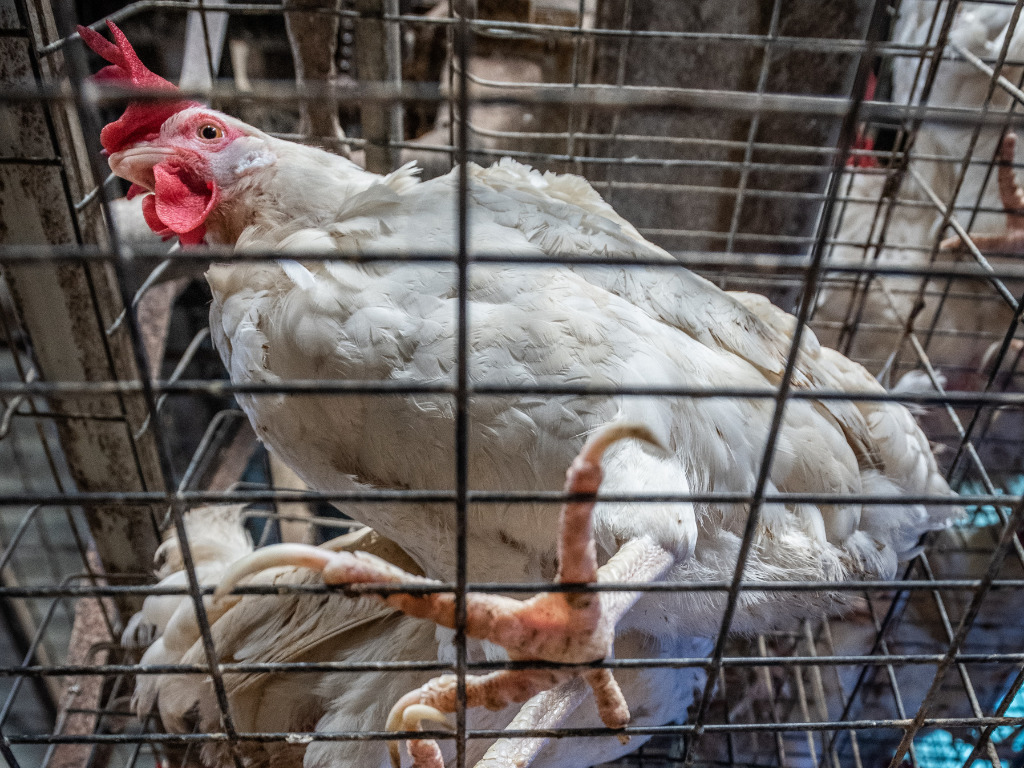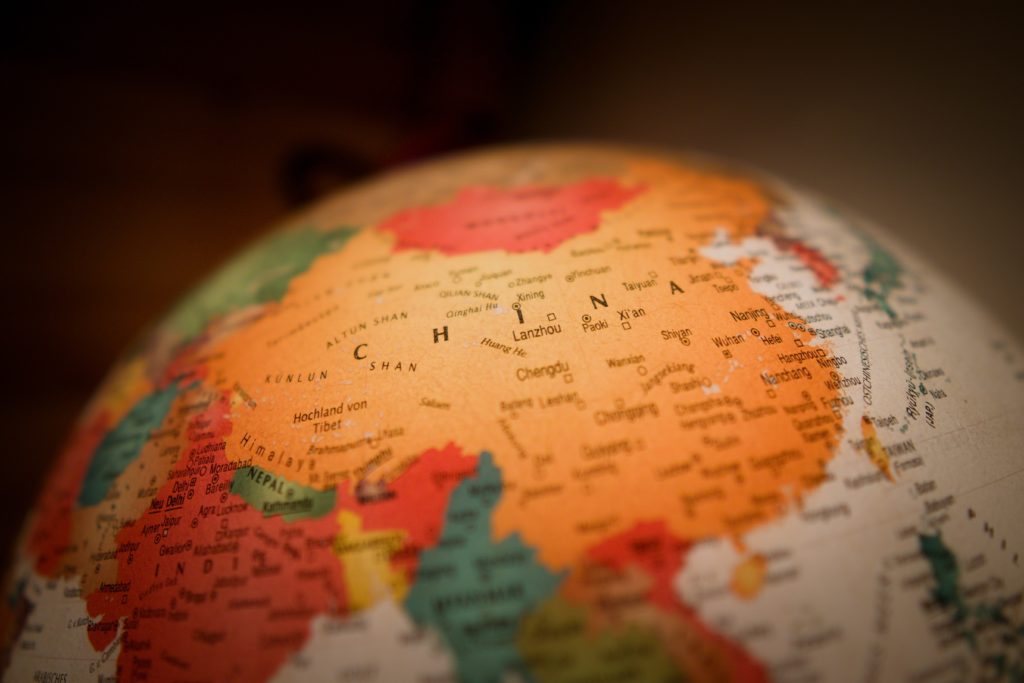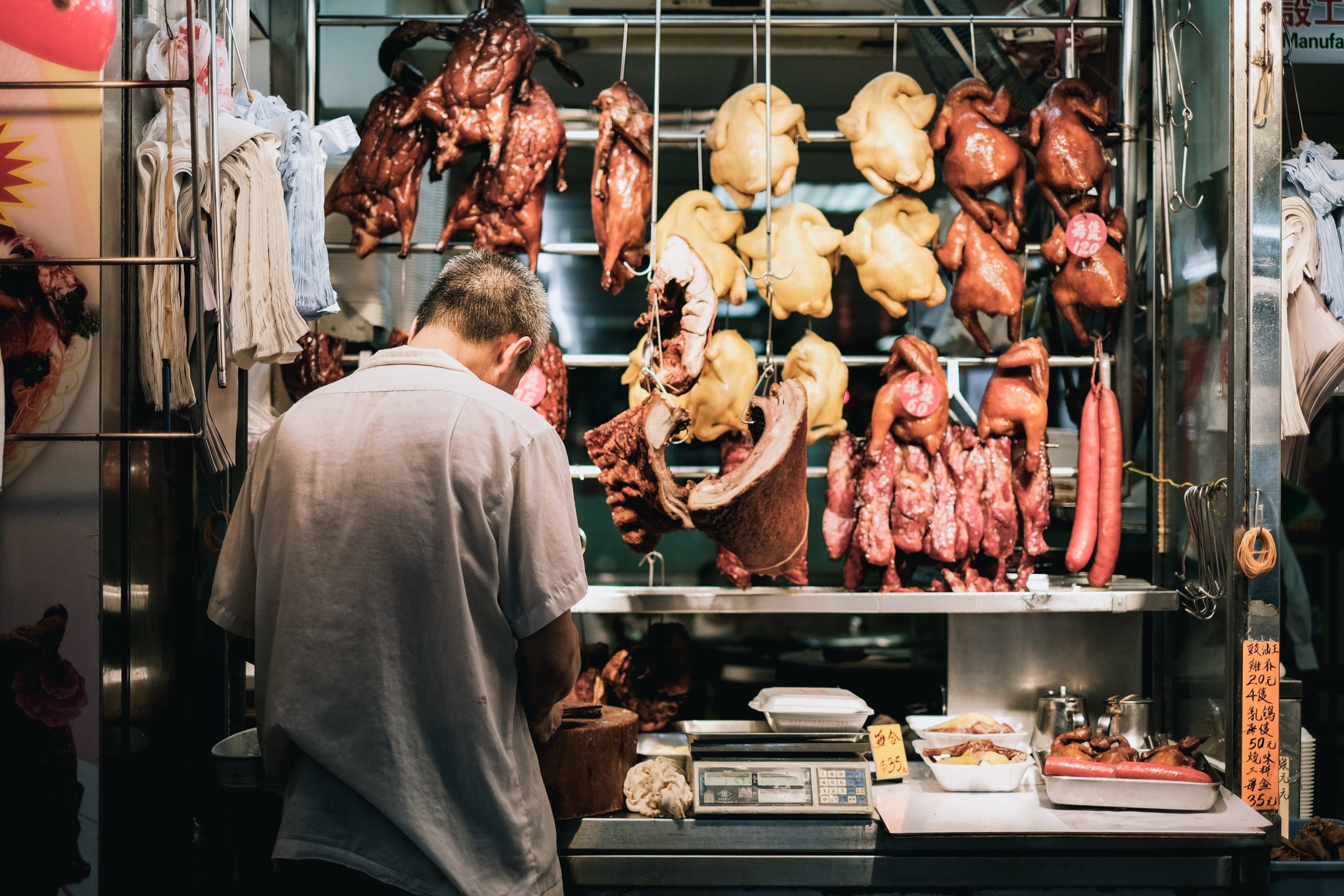4 Mins Read
Asia Research and Engagement (ARE) has conducted a baseline study looking at the disclosure levels of Asia’s top animal protein companies, and according to its findings, only 16 percent of the biggest organisations put responsible sourcing policies front and centre of their Environmental, Social, and Governance (ESG) disclosure. This represents a significant misalignment with expected sustainability goals.
158 Asian companies listed in the food and beverage, hospitality, retail, and catering sectors, across 10 markets, were assessed in terms of their animal protein sourcing procedures. Key takeaways include 13 percent acknowledging antimicrobial use and associated resistance risks, none referenced deforestation linked to animal agriculture and just 11 percent cited animal welfare. 18 percent discussed sustainable sourcing connected to seafood.

What the findings mean
Of all the companies analysed, 72 percent have active ESG reports in place. The majority of these reports were found to avoid discussing issues connected to animal protein sourcing, focussing instead on things such as water and energy use and packaging material selection.
“With Asia projected to account for 60% of the growth in global animal protein demand by 2030[1], companies cannot afford to overlook the impacts of protein production across their food supply chains,” Kate Blaszak, director of sustainable proteins at ARE said in a statement. “As protein buyers, they have the ability to influence production practices, shape consumer demand, and play a key role in the necessary transition to a more responsible and sustainable food system.”

What are the major risks that companies are avoiding talking about?
Animal agriculture is used to fulfill the global demand for meat. Animals are reared, slaughtered, and exported to customers all over the world. Asia is a leading manufacturer and importer of meat. In 2021, more than $31 billion of product was imported, while 2020 saw 77.5 million metric tonnes produced. This vast demand is affecting issues such as global deforestation and subsequent carbon emissions.
But Asia is widely failing to implement sustainable animal protein sourcing policies. These are designed to minimise further deforestation, improve animal welfare standards and by proxy, reduce the risk of antibiotic resistance in humans. 70 percent of tree felling already witnessed in the Amazon was undertaken for animal agriculture practices.
As Asia lags behind in responsible sourcing policy drafting, the E.U. has already begun to tighten its restrictions. Due diligence in business supply chains will now necessarily include responsible ESG sourcing and reporting.
“We look towards such reports for summary acknowledgement of risks as an initial step towards responsible disclosure,” Paul Milon, head of stewardship Asia Pacific for BNP Paribas Asset Management said in a statement. “Forest protection and biodiversity preservation should be top priorities for corporates sourcing animal protein. Inaction could lead to severe consequences, not only on climate change, conservation or diseases, but also directly on companies. Investors and regulators are increasingly expecting alignment with emerging sustainability disclosure standards and frameworks, such as the Taskforce on Nature-related Financial Disclosures (TNFD).”

Putting China, Malaysia, and Indonesia on blast
The report hones in on China and Indonesia as Asia’s biggest markets for both animal protein consumption and production. Despite this, neither country disclosed any sourcing strategies. Similarly, Malaysia and Indonesia both failed to account for animal welfare standards and microbial use. This, despite both being large manufacturers of meat through traditional farming methods.
There is hope, however. Organisations in Hong Kong and Japan are starting to incorporate responsible concerns into their procurement strategies and Thailand fared very well in the report, with companies scoring higher than average for their responsible seafood sourcing reporting. The Philippines underperformed in the same area.
Asia produces 89 percent of all farmed fish, 90 percent of crustaceans, 58 percent of pigs and 35 percent of chickens for global meat consumption. It is in a prime position to lead ESG disclosure standards across the world, but only if buyers and producers align with sustainable practices.
Lead photo by Airam Dato at Unsplash.





